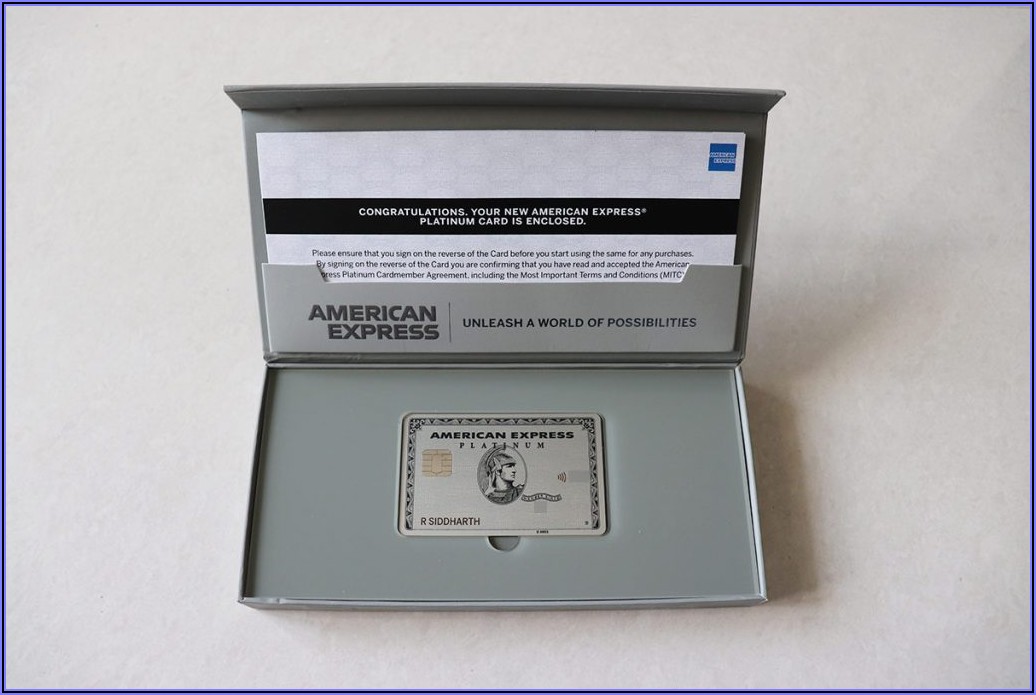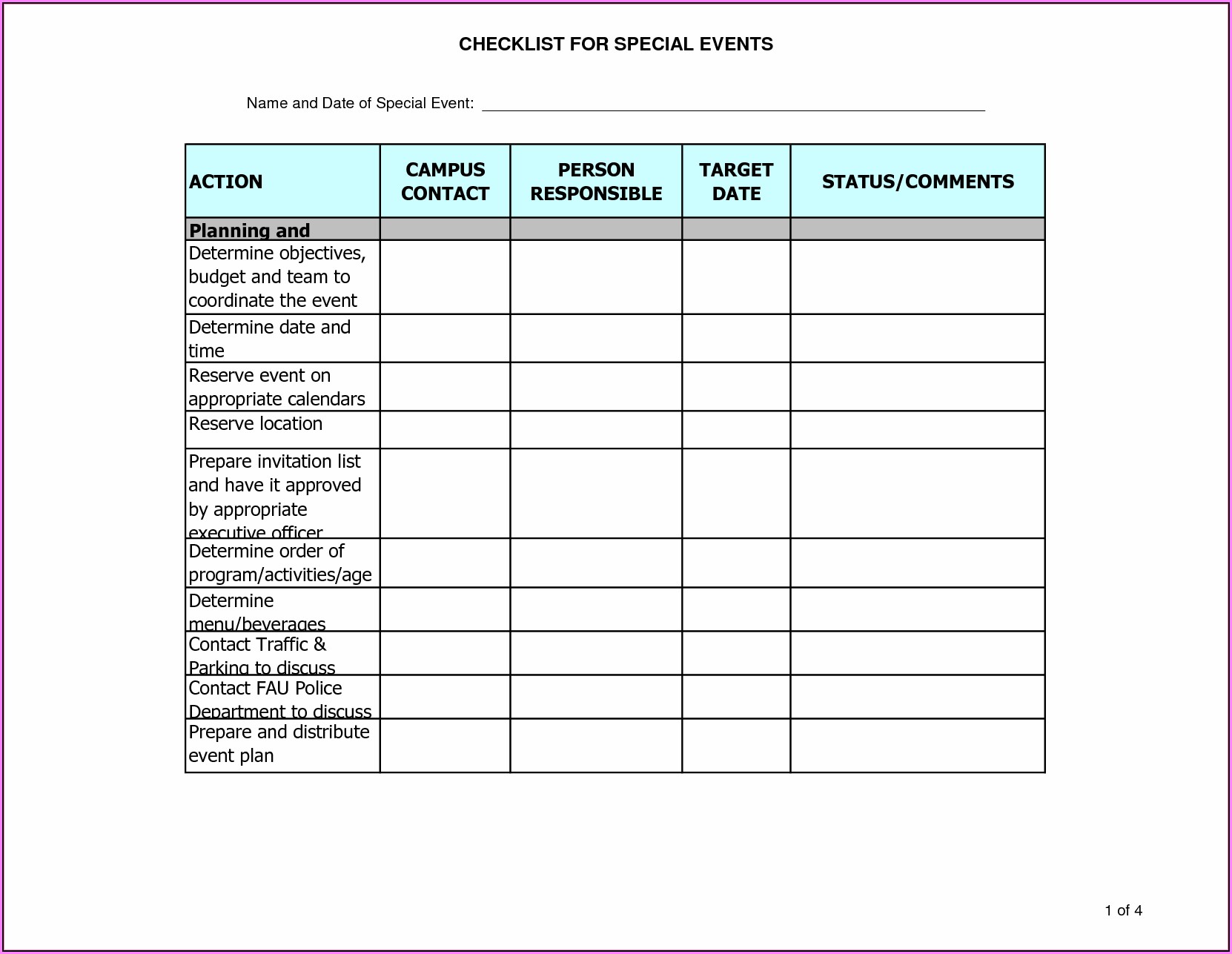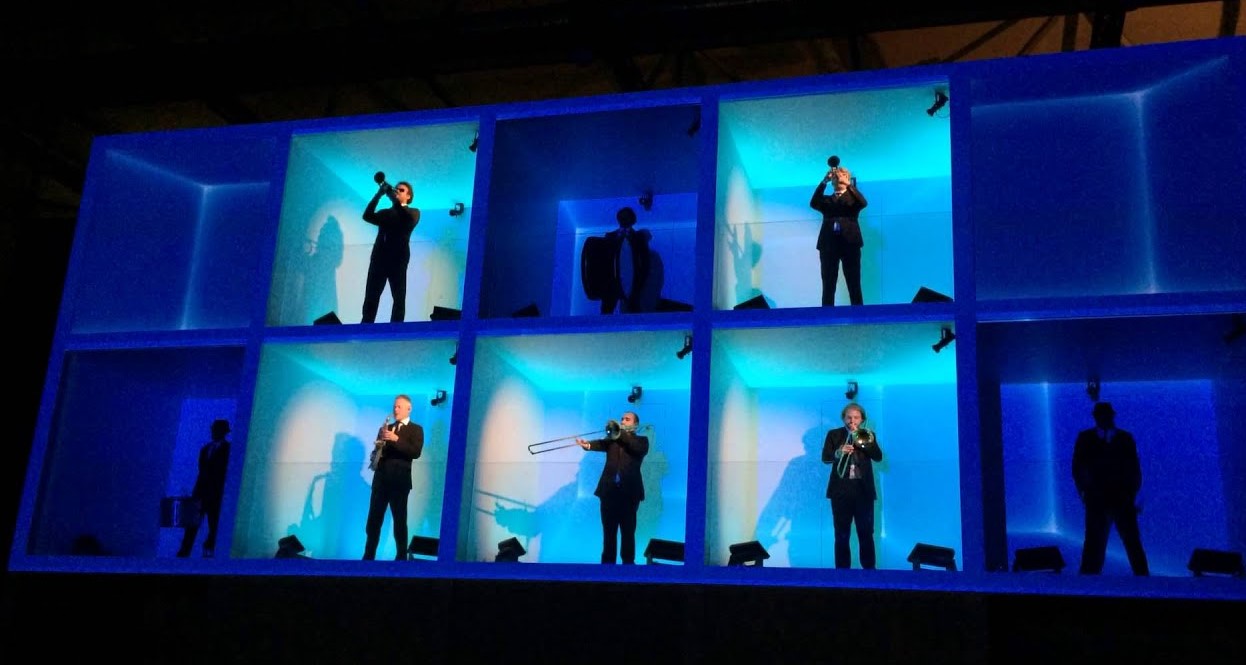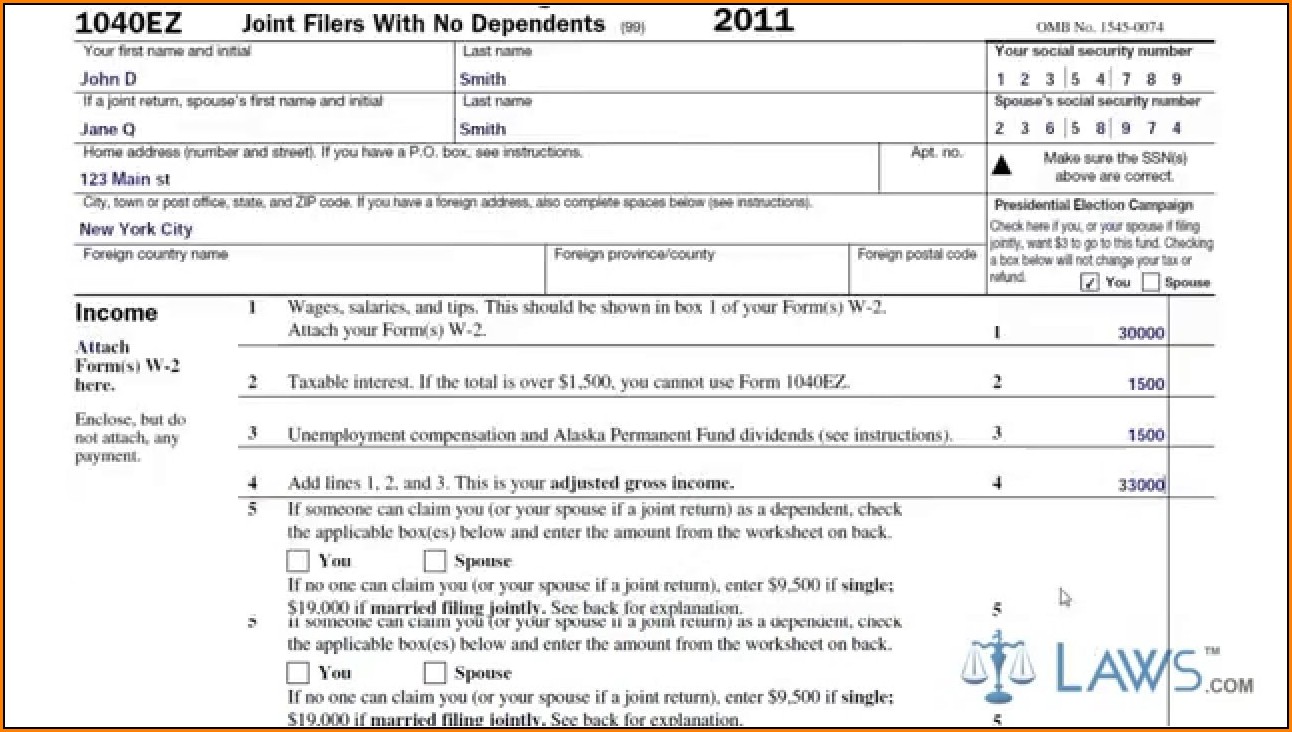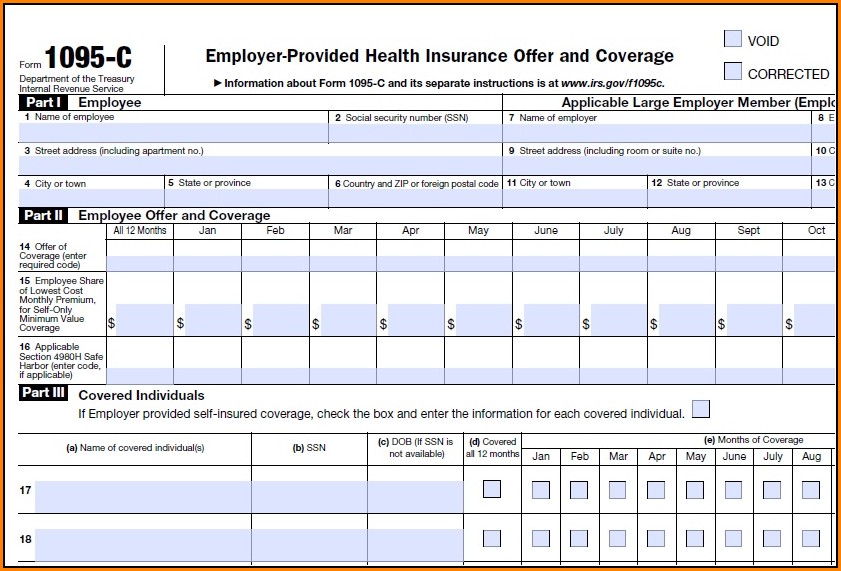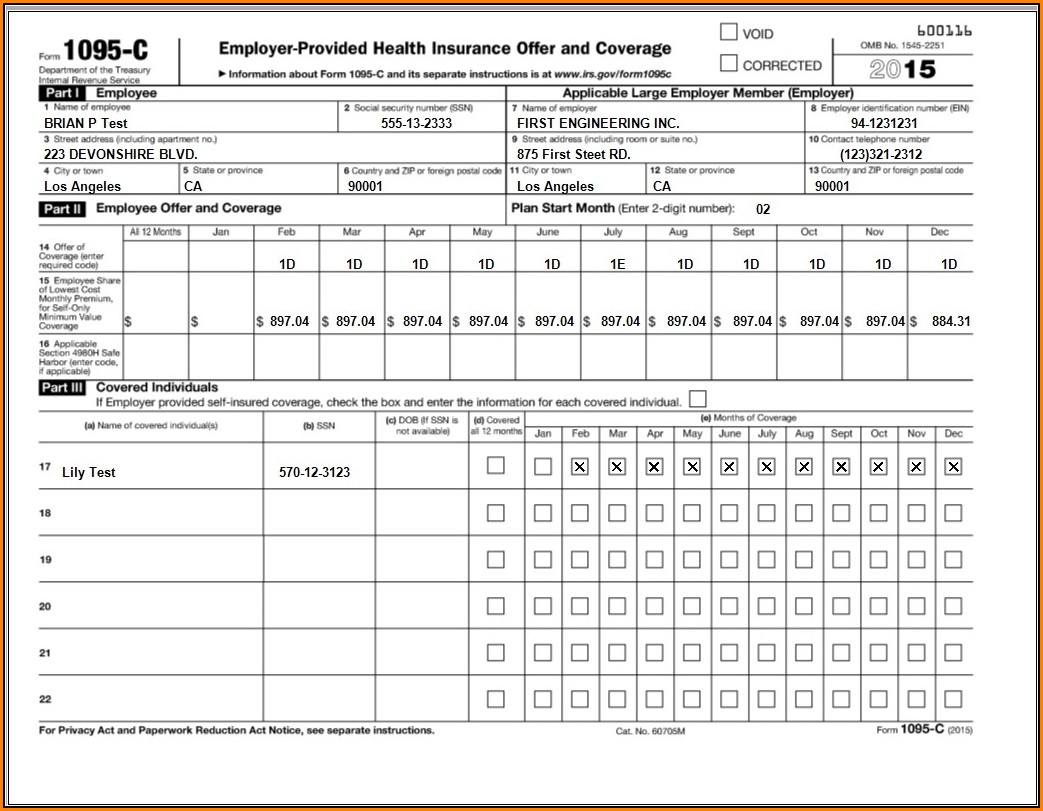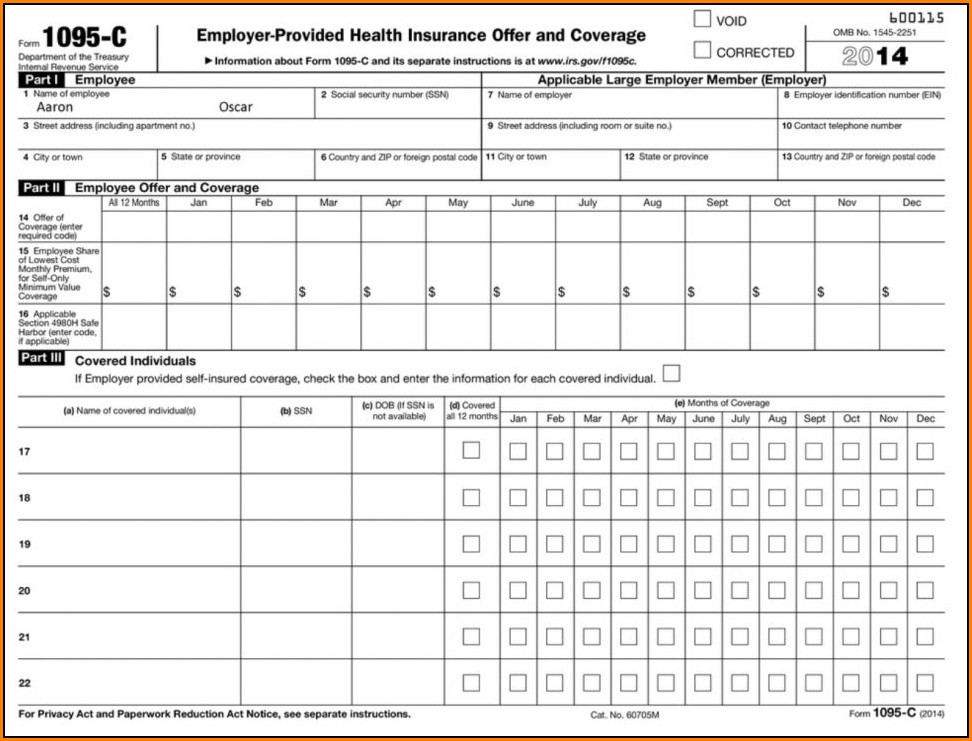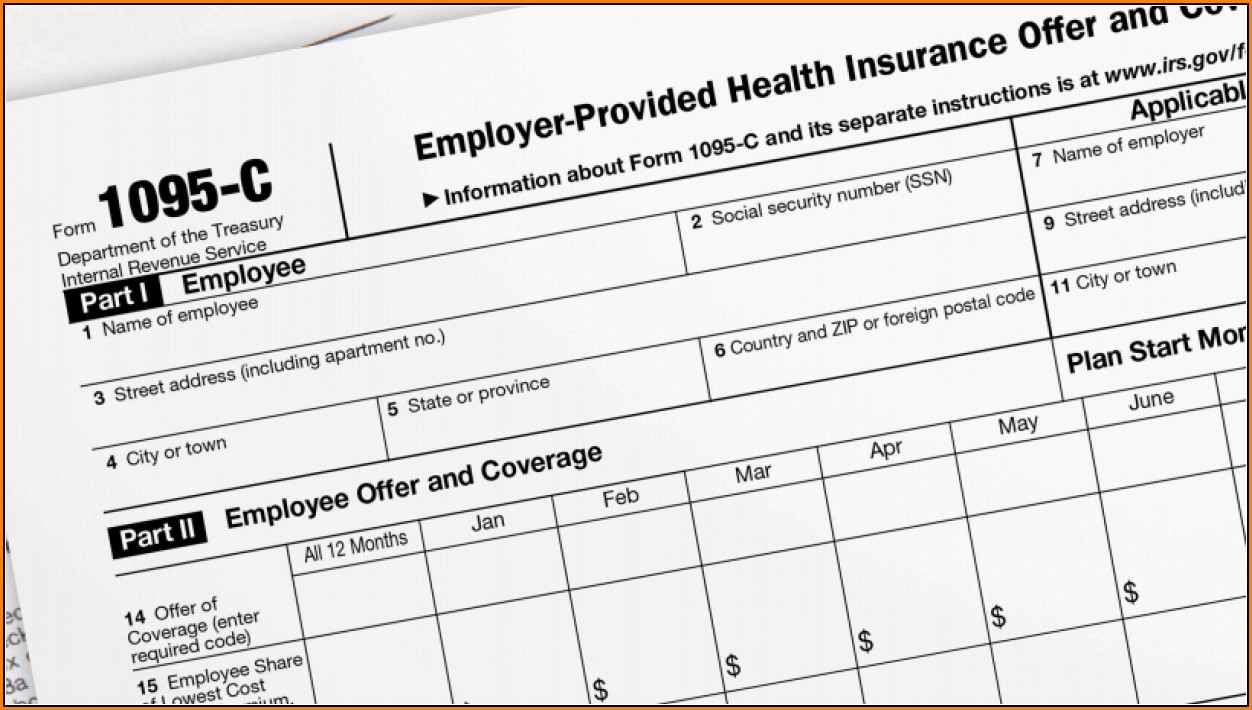1) Visualizing
It is essential to be able to imagine precisely how your entire event will unfold. Take some time prior to planning your next event and sketch the image in your head and imagine it as an event that is successful.
Visualisation is an effective tool. It’s hard to imagine things before you are able to imagine it in your mind. Before any thing is constructed it’s first thought. So have that positive event in your head first. Let’s begin with the specifics…
2) Have A Program Schedule
This is essential so that everyone know what will occur each moment during the time. What happens to the program is decided by no one except you, so make an outline of the event’s schedule from the beginning of the event from the beginning to the end. This will provide you with an idea of the amount of time you should allocate to every item on the agenda. What length will the CEO’s welcome speech be, and when and what should the tea breaks , and for other meals. What amount of time should be allocated for each game or exercise that you wish your guests or guests to participate in.
3) Are You A Member Of An Event Task Force with Their Job Description Clearly outlined on paper
Based on the scale of your event, you need to determine who and the kind of help you require to ensure that the event is successful. If it’s a 1,000 pax conference that has 7-10 speakers You may require an entire team for registration of delegates, ushers as well as a team who will take charge of the audiovisuals as well as speakers liaison officers, media liaison officers, and others.
Find out what their specific duties include and note it down. As an event coordinator or planner, you’ll need to collaborate with everyone and ensure that everyone understands what must be accomplished and when they should do it. Put it on paper, assign roles and assign a group leader if necessary.
4) Instructions for the Banquet to The Event Staff or the Banquet Manager
If you’re organizing your event at an event venue or hotel You will have to work with a person in catering. Whatever number of meetings or prior discussions you’ve had with them, it’s not enough to give them instructions to communicate verbally. They should be given precise instructions regarding how you would like everything set up in writing. From the words on the seating and signage and the food items will be served, the location of the banquet will take place in the venue, how it will be set up and stage up, you should make a note of the instructions to the banquet attendants and the venue manager.
5) Go through Everything You Created On The Day Prior with everyone involved
It may seem like common sense, however it is not the case for everyone who follows this. It is essential to conduct an rehearsal or, at a minimum, an event briefing prior to when the event begins. Read through the agenda for the event, the task force list, and banquet instructions, and with all those who is in the event. The ideal is to have this done prior to the day of the event. If it’s not a large event 2 or 3 hours before the event begins is sufficient keeping in mind that everybody already has copies of the schedule for the event and event task agenda prior to the meeting.
6) at Your Event, have an on-call technician available to assist in the Audio Visual
The top problem that could occur in every event is the audio-visual systems. It’s always an “technical issue” Be aware that when you host your events in hotels, they have only an audio system that is basic. If you wish for your event to go as smoothly as possible, get a reputable audio system providerand you might have to shell out a little more, but it’s worth it. Furthermore you can ask them to standby during your event to make sure that the system is working and if it does not then they will be able to fix it promptly.
If you utilize the hotel’s sound system they will be responsible for other rooms within the hotel in case there are any other activities taking place. In order to get them to provide you a new microphone in the event that yours suddenly stopped working could take time and as you’ve heard, some guests are not inclined to be waiting.
7) Anticipate! Anticipate! Anticipate!
As the event’s manager regardless of whether everyone has been informed of what needs to be done in what order, you have to be prepared to know what is going to take place every minute during your event. For example, if for instance the first item on the program will be the welcoming speech, and you are the chief executive speaking, you should be aware of what’s next on the agenda , and make sure that everything you need to do is ready to go.
The goal is to think ahead of what will take place in the next moment. I can guarantee you that if you adhere to all these seven suggestions, your next occasion will go as smoothly and exactly as you had it planned!

